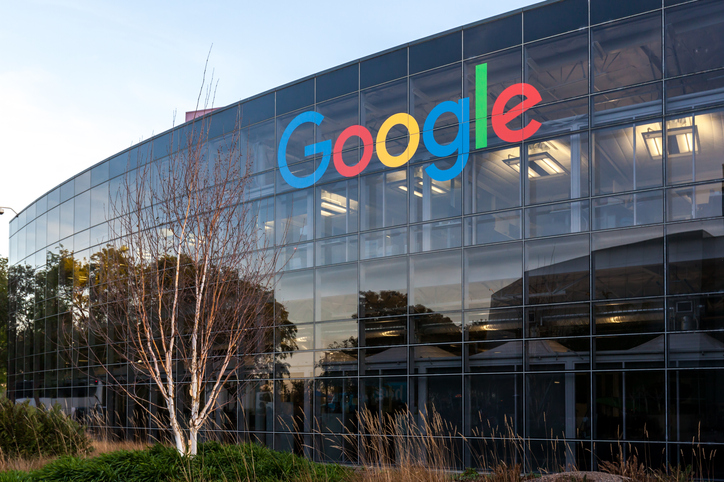The answer is that it’s NOT a mystery: The policy choices that resulted from a conservative, free-market approach deserve the credit for the strong U.S. technology industry.
It was controversial to allow commerce on the early internet, but free market arguments won. The Clinton administration wanted to ban encryption, but individual liberty arguments won. Republicans wrote and passed digital e-signature legislation. Republicans won the argument for a moratorium on internet sales taxes. Property rights protections for digital goods were established by a Republican Congress.
Free market arguments won the day on light touch regulation of the internet, fighting off net neutrality regulation, and making wireless spectrum abundantly available for private sector innovation.
Perhaps most important, the “consumer welfare standard,” described and championed by famed conservative jurist Robert Bork, became the dominant antitrust philosophy for a generation, destroying the idea that “big” is bad, which allowed U.S. companies to seek and attain globally dominant scale so long as that scale delivered significant benefits to consumers.
All policy choices involve tradeoffs. The tradeoff for allowing a large degree of economic freedom is that sometimes businesses are going to make decisions that you might disagree with. But forcing businesses to operate in a limited, government-directed manner involves the tradeoff of bigger government, more regulation, and less economic liberty.
That’s why it’s jarring today to witness some conservatives demanding a reversal of these successful conservative, free market policies in order to punish companies for perceived misdeeds.
Recently, DirectTV decided to not renew carriage for a minor conservative opinion network, One America News, infuriating some conservatives. Allowing cable and satellite companies the freedom to voluntarily contract with whomever they choose, instead of having government mandate carriage, involves the tradeoff of companies making choices you might not like. But the alternative is government-mandated carriage regulation and less freedom of contract.
We’re all familiar with conservative complaints about social media content moderation. But trading our critical protections against government-compelled speech to settle scores with social media would be a terrible tradeoff, because that’s the same protection Colorado baker Jack Phillips is relying upon to protect speech on his platform—his cakes.
Just last week on a panel hosted by the Texas Public Policy Foundation, panelists endorsed speech and viewpoint neutrality regulation—a boon to trial lawyers through expanded private rights of action— weakening the consumer welfare standard, including “breaking up Big Tech.” One panelist compared the “threat” posed by Big Tech to the threat posed by China. Not a single panelist expressed any hesitation about empowering Big Government to settle their complaints against Big Tech, which would be a 180° turnaround for conservatives.
The sweeping tradeoffs some conservatives seem willing to make in order to settle scores with Big Tech would be extremely unwise. Trading massive, generational policy successes to settle minor political scores is a tradeoff conservatives would come to regret.
Originally published by Institute for Policy Innovation. Republished with permission.
